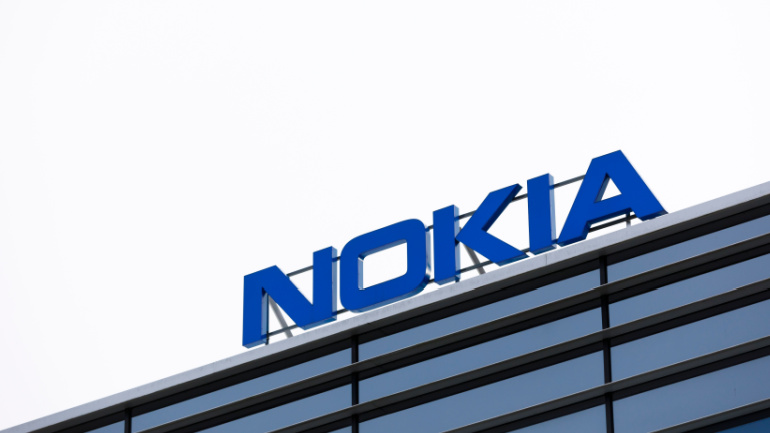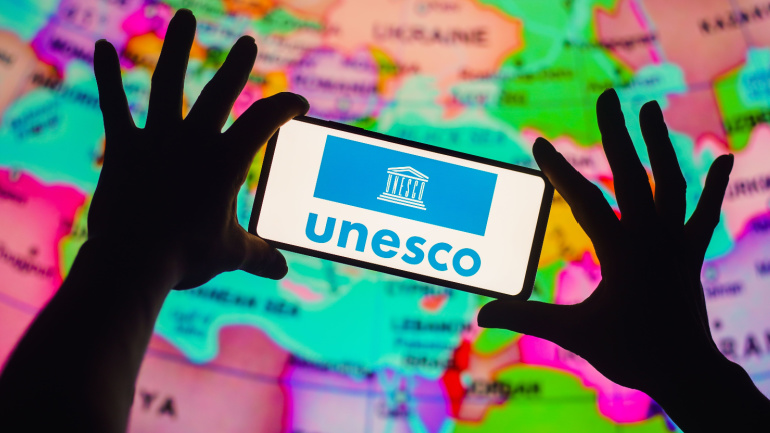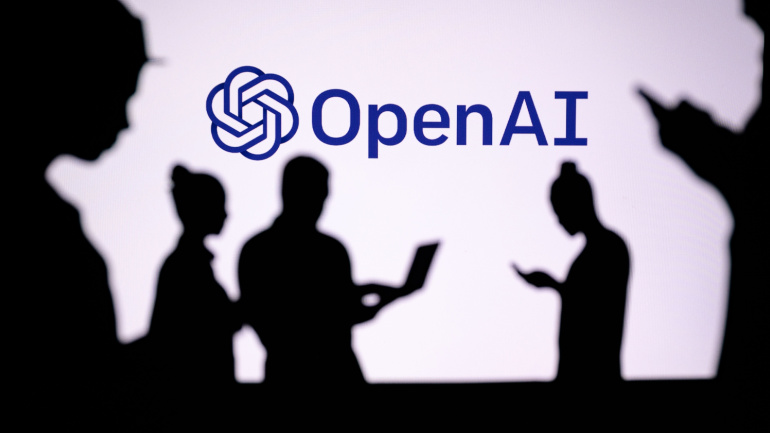In a strategic move, Intel has partnered with private equity firm DigitalBridge to introduce Articul8, a new company set to bring enterprise-grade generative AI technology to the market. Articul8 aims to provide corporate customers with a secure and vertically-optimized genAI software platform, designed to run seamlessly on Intel hardware, including Xeon processors and Gaudi AI accelerators.
Hyundai Motor and Kia are revolutionizing the amalgamation of mobility and living spaces by proposing the consolidation of home and car services. Assisting in this groundbreaking initiative is Samsung Electronics, providing the potential to transform our relationship between home and car via ‘Car-to-Home’ and ‘Home-to-Car’ services. This change promises remote control over various appliances through voice commands, as well as the ability to monitor and manipulate vehicle functions from home.
In a strategic move to gain a foothold in India’s expanding telecommunications market, Elon Musk’s satellite communications constellation, Starlink, is reportedly considering a stake in Vodafone Idea (Vi). As of 2024, Starlink boasts a constellation of over 5,500 low Earth orbit (LEO) satellites, providing commercial services in more than 60 countries to approximately 1.5 million subscribers.
The fate of Altice Portugal, a leading player in Portugal’s telecom industry, is trending thanks to its substantial market stronghold. Now on the sales block, its potential buyers include Saudi Telecom Company amongst others. Its divestment strategy is part of a broader aim to alleviate the significant debt of Altice Group. However, recent scandals encircling Altice’s co-founder have added layers of complexity to the unfolding story.
In a groundbreaking shift, artificial intelligence (AI) is revolutionizing material discovery, unlocking new possibilities in renewable energy, semiconductors, and pharmaceuticals. GlobalData, a prominent data and analytics firm, asserts that AI is spearheading a transformative era in research and development, dismantling traditional barriers and fueling unprecedented advancements in material science.
Amid challenging market conditions, Nokia emphasizes preserving patent portfolio value over timelines. Despite an optimistic outlook, their declining Q3 net sales and plans to curtail costs speak volumes. Nokia’s pivotal contracts loss to Ericsson hits hard, showcasing the constant flux in the telcos sphere.
In the narrative of AI revolution, the telecom sector often remains overshadowed. Juniper’s ‘Top 10 Telco Trends 2024’, highlights how AI dominates even in this crossroads digital landscape. However, a critical question evolves – is our telecom infrastructure ready to steer the AI wave? As we plan to create AI-powered golden era, it’s imperative that our static infrastructures are fit for purpose to manage this data deluge.
In a collaborative effort, UNESCO and Huawei have contributed to the advancement of education in Ethiopia through the Technology-enabled Open School Systems for All project (TeOSS). This initiative, part of Huawei’s TECH4ALL program, has been operational in Ethiopia, Egypt, and Ghana since 2020, with a recent donation ceremony held at the Ethiopian Ministry of Education.
OpenAI is fortifying its internal safety protocols in response to growing concerns about the potential risks of artificial intelligence. The company has introduced a “safety advisory group” that will operate above its technical teams, offering recommendations to leadership, with the board wielding veto power—though the likelihood of its exercise remains uncertain.
In a significant development, Google has confirmed a $700 million settlement, allocating $630 million to U.S. consumers and $70 million to a fund for U.S. states. The settlement, initially reached in September and related to a class-action lawsuit filed in 2021, addresses concerns about Google’s monopoly on app distribution through the Play Store.













